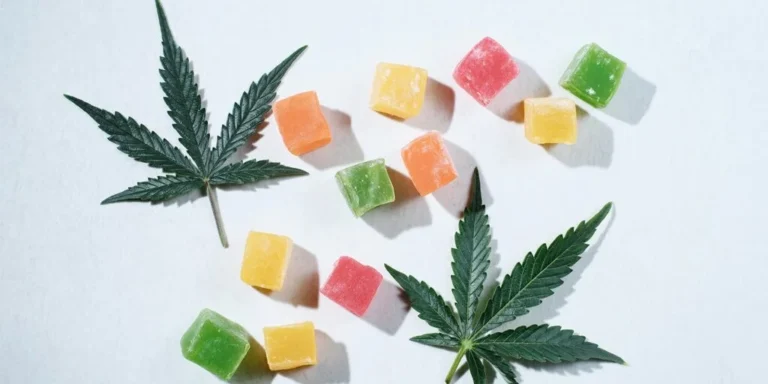Does Delta 8 Stay In Your System Longer Than Delta 9
In the realm of cannabis products, Delta 8 and Delta 9 THC are two compounds that often capture attention. While they share similar chemical structures and effects, their potency and interaction with the body differ significantly.
A common question among users is whether Delta 8 remains in the system longer than Delta 9. Understanding how these compounds metabolize is crucial for those worried about drug testing or simply curious about the duration of their effects.

Both Delta 8 and Delta 9 THC are metabolized similarly in the body. After consumption, these compounds are broken down in the liver into metabolites, primarily THC-COOH, which are then stored in fat cells and gradually eliminated through urine, sweat, and other bodily functions. While Delta 9 is more widely recognized and studied, the rising popularity of Delta 8 has sparked increased interest in its metabolic behavior.
Delta 9 THC is known for delivering a more intense psychoactive experience that typically sets in quickly and can last for several hours. In contrast, Delta 8 THC is often described as offering a milder and smoother high, appealing to those who prefer a more subtle effect. Despite the difference in intensity, the duration that either compound remains in the body is not solely determined by their psychoactive strength.
The time Delta 8 or Delta 9 stays in your system is influenced by several factors, including metabolism, frequency of use, body fat percentage, and the amount consumed. Since both compounds are stored in fat cells, individuals with higher body fat may retain THC metabolites longer than those with lower body fat. Regular use can lead to a build-up of these metabolites, which means that even occasional use might result in detectable THC levels for an extended period.
While some users speculate that Delta 8 might exit the system faster due to its lower potency, there is no definitive evidence to support this. The primary distinction between Delta 8 and Delta 9 lies in the intensity of their effects, not how long they are detectable in the body. Both compounds can be identified in blood, saliva, and urine tests for days or even weeks, depending on how frequently they are used.
Concerns about drug testing are prevalent, as most tests screen for THC metabolites without differentiating between Delta 8 and Delta 9. Consequently, consumption of either compound may result in a positive THC test, regardless of the specific type used. Individuals who are subject to drug testing should exercise caution with any THC products.
Ultimately, while Delta 8 may be less psychoactive than Delta 9, both compounds linger in the body for a similar duration. The exact length of time varies among individuals, but both can remain detectable, especially with regular use. Understanding these nuances is essential for those concerned about drug testing or the duration of effects, as it can inform decisions on product choice and usage frequency.
In summary, the difference between Delta 8 and Delta 9 THC centers on the intensity of the experience rather than their detectability. Whether you prefer the milder effects of Delta 8 or the stronger experience of Delta 9, it’s important to recognize that both can remain in your body for a significant time, particularly with frequent use. Being aware of these factors is key to managing your consumption and understanding how long it may take for either compound to fully clear from your system.





